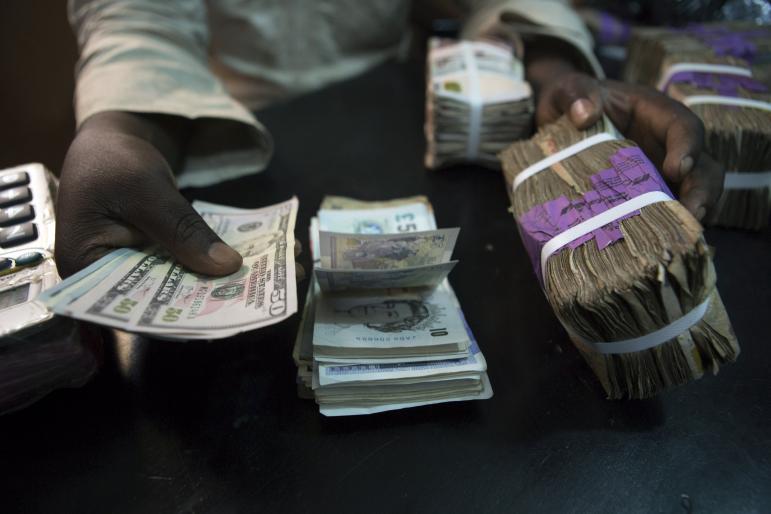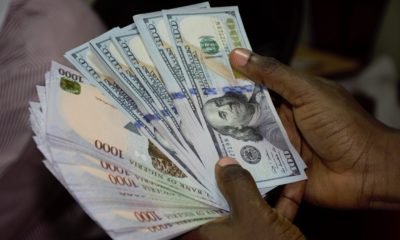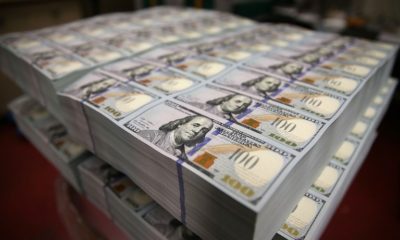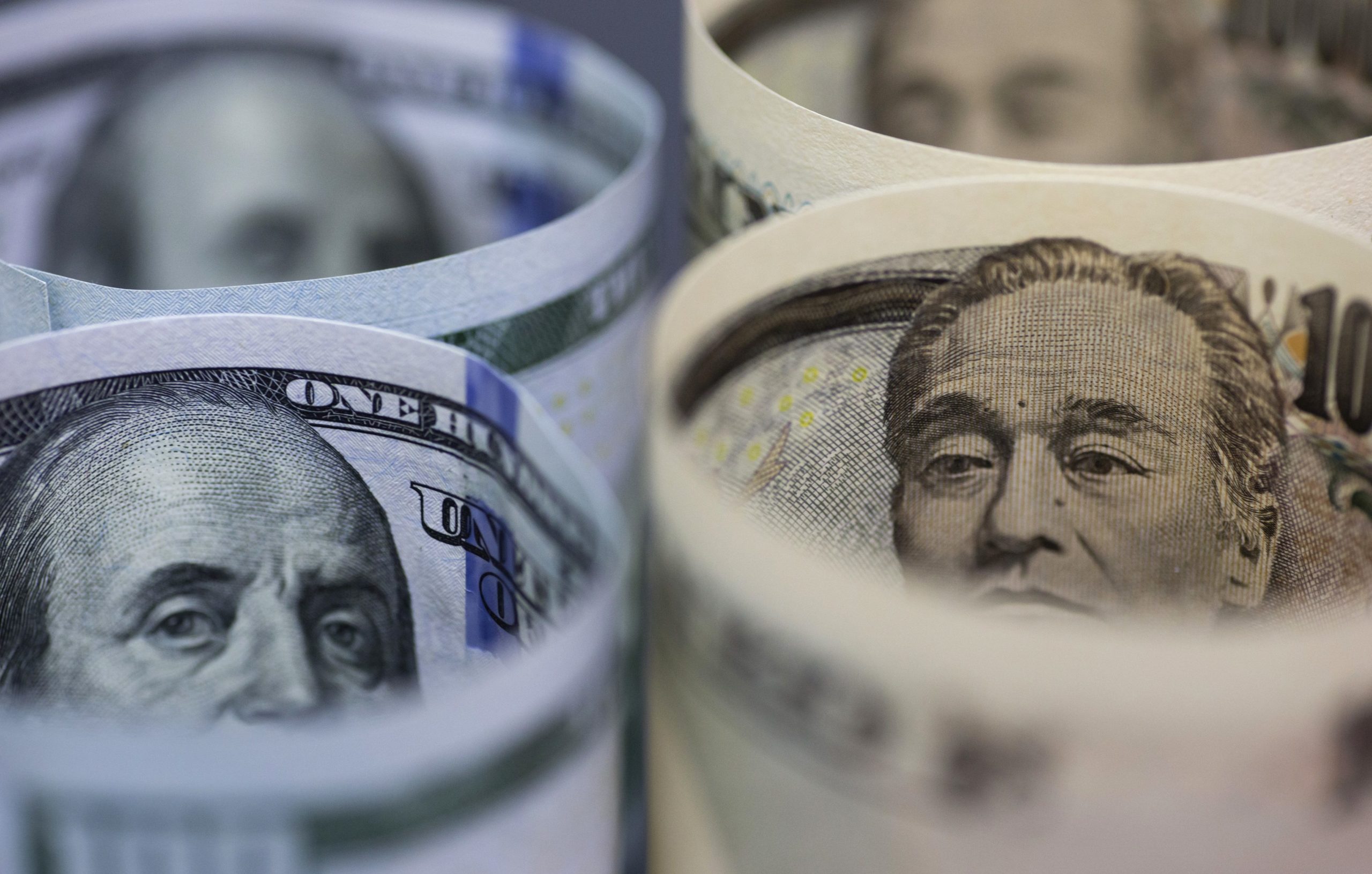The Association of Bureau De Change Operators has said it will commence what it called ‘Operation No Street Trading’ to stop the hawking of foreign exchange by BDC operators.
The President, ABCON, Alhaji Aminu Gwadabe, said this was part of the resolutions made unanimously by BDC directors at the meeting of the operators on Tuesday in Lagos.
A copy of the resolutions which was obtained by our correspondent on Wednesday said, “All operators to collaborate in bringing down the forex rates in the market; street trading by BDC should be discouraged/banned and ABCON will commence operation ‘no street trading’.
“BDCs should improve return rendition to regulatory authorities; margin review to meet operational requirements; widening the scope of transactions; digitalisation of BDC operations.
“ABCON to punish errand members; ABCON compliance officer and staff to commence nationwide supervision of BDC operations.”
The punch media had reported on Saturday that the BDC operators got the United States dollar from the Central Bank of Nigeria at N393 but sold it for N494 on Friday.
Bank sources had disclosed that the CBN was providing $10,000 to each of the BDCs twice in a week.
The country’s currency was recently devalued after the CBN adopted the NAFEX rate of N410/$1 as its official exchange rate.
ABCON had in a statement on Sunday advised foreign exchange users and the general public to patronise only BDC operators licensed by the CBN in order to get dollars at the approved rate.
Gwadabe said the parallel market activities had for years become major drivers of the exchange rates, adding that control over such transactions had become burdensome.
He said forex speculators were capitalising on the state of the forex market and the naira to sell dollars above the CBN-approved margin.
Gwadabe said CBN-licenced BDCs were not selling dollars to end-users above the N2 per dollar margin set by the regulator to protect the naira against forex speculators and ensure exchange rate stability.
A professor of economics, Babcock University and past President, Chartered Institute of Bankers of Nigeria, Prof. Segun Ajibola, said there was a need to redefine, re-examine and restructure the entire ownership, operations and everything that had to do with the operations of BDCs in Nigeria.
He said, “To say there are unlicensed BDCs operators is very annoying to hear. Where are the illegal BDC operators getting their forex?
“If there are illegal BDCs operators, which we have been hearing about for ages, it will take just a bold step from the regulators to close their shops within 24 hours.”
He added, “I have never seen the type of forex dealers who hawk dollars on the streets even in other African countries that I have visited. Why are they in business in Nigeria? We have had lots of laws pronouncing the street hawkers as illegal. So, why are they still in business?
“Unless we regulate all these segments of the market, we cannot get our forex management right in this country. There is a need for political will, strong determination and courage on the part of regulators to do all these.”


 Forex3 weeks ago
Forex3 weeks ago
 Naira2 weeks ago
Naira2 weeks ago
 Billionaire Watch2 weeks ago
Billionaire Watch2 weeks ago



 Naira3 weeks ago
Naira3 weeks ago






 Naira2 weeks ago
Naira2 weeks ago




 Naira1 week ago
Naira1 week ago




 Naira4 weeks ago
Naira4 weeks ago






 Naira1 week ago
Naira1 week ago





















